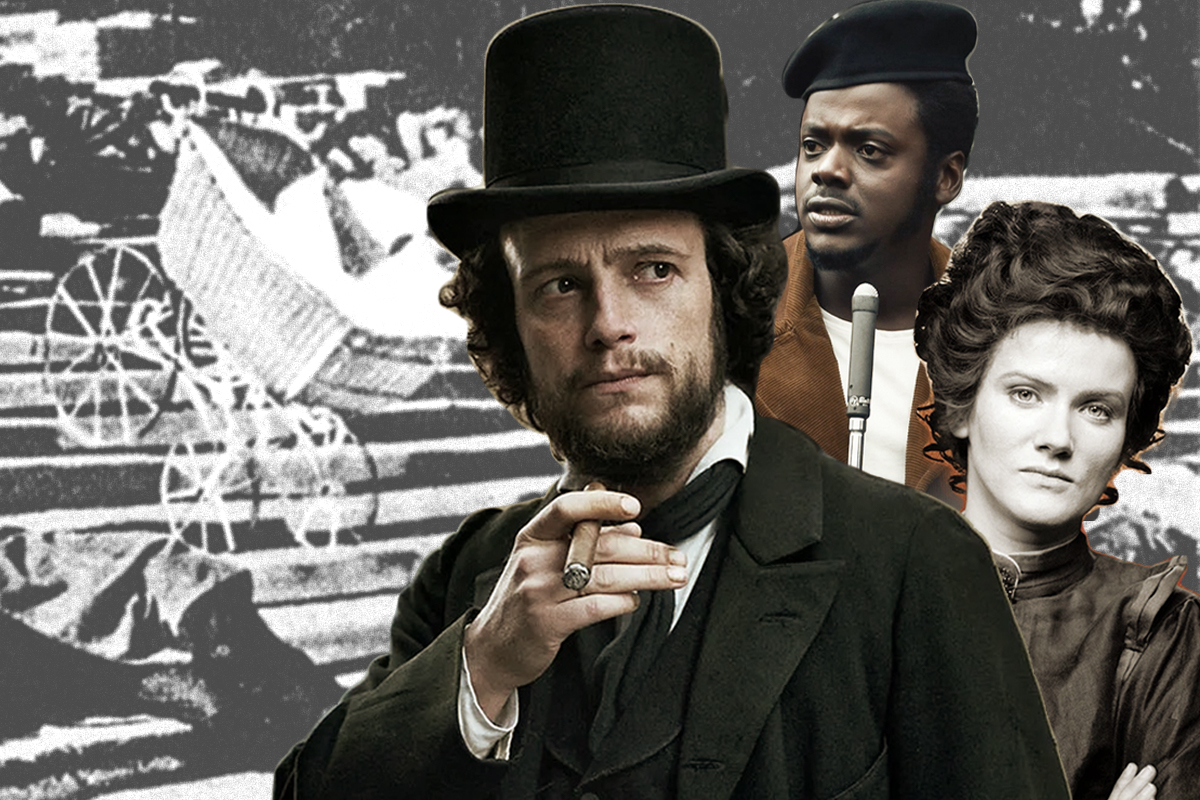
The winter holidays are the perfect time to sit back, relax, and enjoy a good movie. It’s also the perfect time to read up on Marxist theory and history. So why not combine the two? Here are some of our favourite films that deal with revolutionary topics, as well as some texts that you can read to understand each of them in-depth.
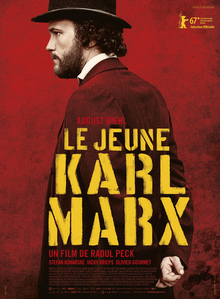
The Young Karl Marx (2017)
Marx wasn’t born a Marxist. His ideas developed through the experience of revolutionary struggle and in debates with other wings of the communist movement. This film follows the life of Marx from the birth of his friendship with Freiderich Engels, through to the writing of the Communist Manifesto. Director Raoul Peck approaches his films with definite political intent, and here he does justice to Marx’s ideas. Peck’s other films are worth exploring as well,
Read: The Communist Manifesto by Karl Marx and Friederich Engels (online) (buy), The Revolutionary Philosophy of Marxism (online) (buy)
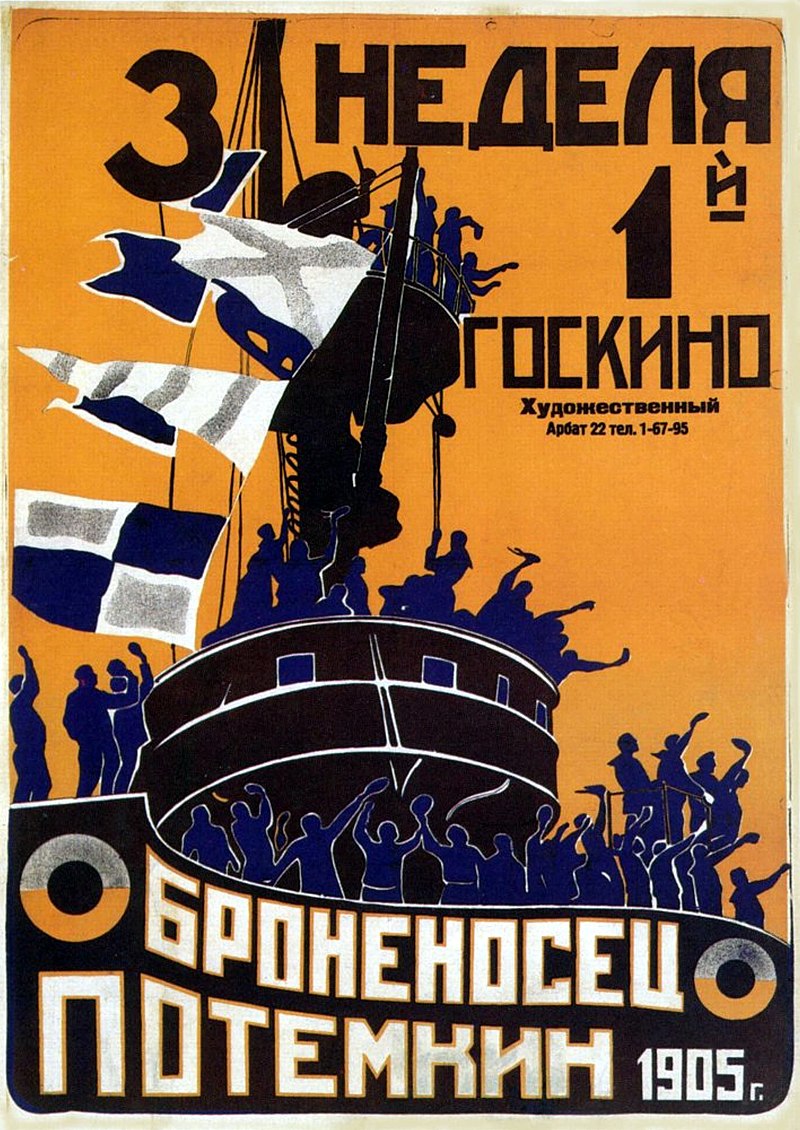
Battleship Potemkin (1925)
Sergei Eisenstein’s silent drama about a mutiny by sailors during the 1905 Russian Revolution is one of the greatest, most influential films ever made. Eisenstein himself was a supporter of the Russian Revolution, who viewed film as a weapon in class struggle; and his innovations in film-making are a product of the upheavals in art that took place after the 1917 revolution. Potemkin shows how accumulated discontent explodes in rebellion; the ability of workers to organize, the role of leadership; and attempts of the ruling class to divide the masses by stoking bigotry and trying to crush the revolt with force.
Read: 1905 by Leon Trotsky (online) (buy); “The Russian Revolution of 1905 – The Dress Rehearsal for October” by Alan Woods
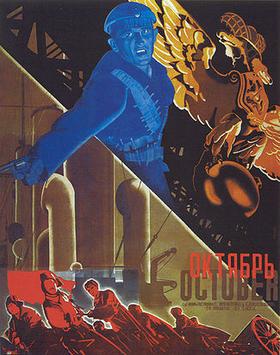
October (1928)
Another Eisenstein classic, October commemorates the 10th anniversary of the October Revolution with a vivid dramatization of the seizure of power by Russian workers led by the Bolsheviks.
Read: Ten Days That Shook the World by John Reed; History of the Russian Revolution by Leon Trotsky (online) (buy); Lessons of October by Leon Trotsky (online) (buy)
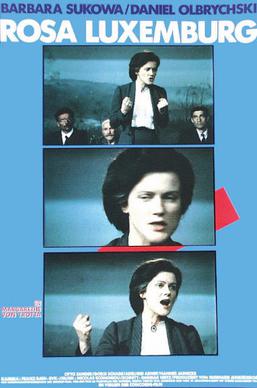
Rosa Luxemburg (1986)
Marxist revolutionary Rosa Luxemburg was an outstanding figure in the European social democracy and one of the main leaders of the German Revolution. This 1986 West German film, directed by Margarethe von Trotta and starring Barbara Sukowa in the title role, strikes a good balance between the personal and the political.
Read: “Reform or Revolution” by Rosa Luxemburg (online) (buy); The Revolutionary Legacy of Rosa Luxemburg by Marie Frederiksen (buy); Germany: From Revolution to Counter-Revolution by Rob Sewell (online) (buy)
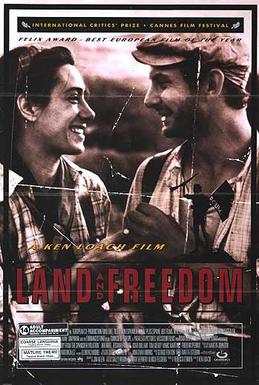
Land and Freedom (1995)
Ken Loach’s entire filmography is infused with his socialist politics. In this film he takes on the Spanish Revolution of the 1930s, which tested every tendency of the workers’ movement in the struggle against fascism: Stalinists, opposition-Communists, and anarchists. David Carr (Ian Hart), an unemployed worker and Communist Party member, leaves Britain to fight with the International Brigades in Spain.
Read: “The Class, the Party and the Leadership” by Leon Trotsky (online) (buy); Revolution and Counter-Revolution in Spain by Felix Morrow (online) (buy)
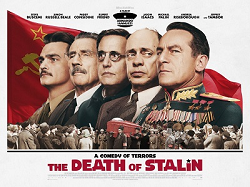
The Death of Stalin (2017)
This black comedy depicts the power struggle among the Soviet bureaucracy after Stalin’s death, skewering the cynicism, ambition, and corruption of this parasitic caste.
Read: The Revolution Betrayed by Leon Trotsky (online) (buy); Russia: From Revolution to Counter-Revolution by Ted Grant (online) (buy)
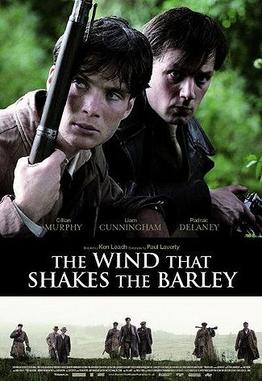
The Wind That Shakes the Barley (2006)
Two brothers, Damien (Cillian Murphy) and Teddy O’Donovan (Pádraic Delaney), join the Irish Republican Army to fight British imperialism during the 1919-21 war of Independence, then face class conflict at home in the subsequent civil war. Another impressive effort by socialist director Ken Loach.
Read: Ireland: Republicanism and Revolution by Alan Woods (buy)
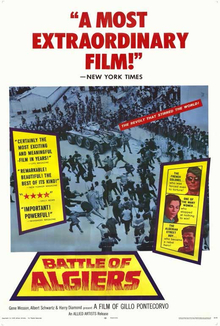
The Battle of Algiers (1966)
This film recounts the revolutionary struggle against French imperialism in Algeria. Shot on location, in some cases with workers and youth who really participated in the struggle, the film illustrates the daily brutality of imperialism. The Algerian people’s strikes, and military effort forced a split in French society along class lines. And a solidarity movement by workers and youth in France took on a mass character. By the end, French imperialism was forced to retreat.
Read: “How French imperialism was defeated in Algeria” by Thomas D., In Defence of Marxism (online); Imperialism, the Highest Stage of Capitalism by Vladimir Lenin (online) (buy)
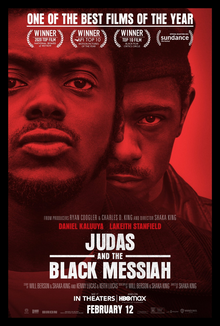
Judas and the Black Messiah (2021)
FBI informant William O’Neal (LaKeith Stanfield) infiltrates the Black Panther Party to report back on their charismatic leader, Chairman Fred Hampton (Daniel Kaluuya). Shaka King’s powerful film shows the strengths and weaknesses of the Panthers, the enduring struggle against police racism and brutality, and the need to unite workers across racial lines. Kaluuya offers a brilliant performance as this great revolutionary martyr.
Read: “Lessons from the History and Struggle of the Black Panther Party” by John Peterson (online); “On the Program of the Black Panther Party: Which Way Forward for Black Workers and Youth?” by John Peterson (online)
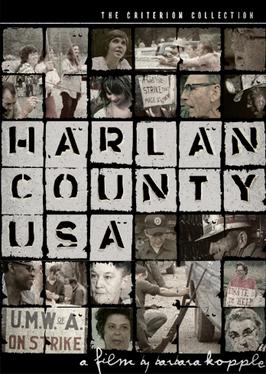
Harlan County, USA (1976)
Documentary following the 1973 Brookside strike, in which 180 coal miners in Harlan County, Kentucky went on strike against Duke Power Company. The film also shows the experiences of workers’ families amid this struggle for better wages and safer working conditions.
Read: Marxism and the U.S.A. by Alan Woods (online) (buy)
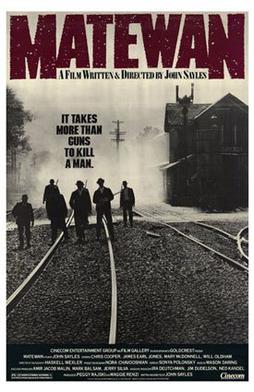
Matewan (1987)
This gripping film directed by John Sayles recounts the West Virginia coal miners’ strike in 1920, which culminated in the Battle of Matewan—a violent confrontation between the miners, their allies, and scabs from the Baldwin-Felts Detective Agency. The film also shows efforts of workers to overcome racial prejudice stoked by the bosses.
Read: “Labor History: 100 Years Since the Battle of Blair Mountain” by Guthrie Burnett-Tison (online)
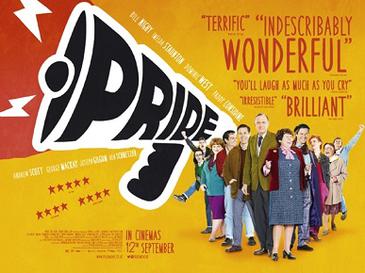
Pride (2014)
Fantastic dramatization of efforts by gay and lesbian activists to support the 1984 U.K. miners’ strike, leading to the formation of the Lesbians and Gays Support the Miners campaign. The film illustrates how the struggle for LGBTQ liberation is inseparable from the broader struggle of the working class.
Read: “The lessons of the 1984-85 miners’ strike” by Phil Mitchinson (online); “Marxism vs. Identity Politics” IMT (online) (buy)
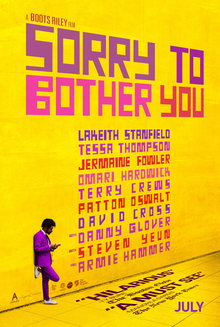
Sorry to Bother You (2018)
In his directorial debut, communist rapper Boots Riley—who also wrote the script—offers sharp satire with the story of Black telemarketer Cassius “Cash” Green (LaKeith Stanfield), who finds success at his job by speaking in a “white” accent. While his co-workers organize a union, the company CEO hatches a horrific plan to further their exploitation.
Read: “Wage Labour and Capital” by Karl Marx (online) (buy); Capital by Karl Marx (online); Understanding Marx’s Capital (online) (buy)

